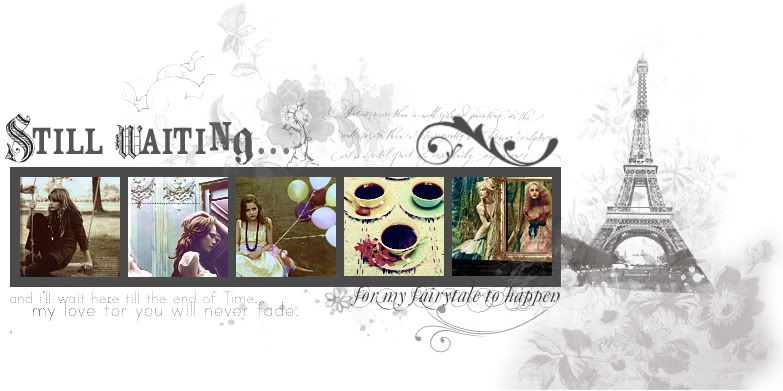WELCOME!(:
www.projectunleash.blogspot.com
Please observe the following rules:
1.No spamming of comments or the tagboard is allowed.
2.Post your comments on the articles in the comments section below the post.
Anybody found to be violating any of the above rules will be removed from the blog or banned from posting.
and by the way,
based on what you post on this blog, you will be graded :)
Project Unleash,
UNlimited
Literature,
Express
And
SHare.
Tuesday, August 5, 2008
{7:08 AM}
Ken, look here. Go copy this then edit. Is there a max word limit? Me not sure. P.S. Will you send me your email?
The rest of you who are looking, go away and play DOTA.
YiHua
The trial scene in the Merchant of Venice reveals the conflict between mercy and justice in a very subtle, nuance way, and let the readers think about this conflict for themselves. Mercy would oblige Shylock, arguably one of the most important characters in the play, to spare the life of his enemy and long-time tormentor, Antonio, as Portia, Bassanio and the rest would desire. Justice, which is clearly what Shylock wants, would require him to legally extract his due from Antonio’s bond – a pound of flesh removed from the chest, which is tantamount to murder. However, through much trials and deliberations, mercy and justice were finally able to come together and conclude the play happily-ever-after, through the subtle intelligence of Portia and the compassion of Antonio.
Shylock, merciless in his goal of achieving Antonio’s death, unhesitatingly chose justice over mercy, and was ready to kill his enemy. Portia, posing as a male judge, intervened on behalf of Antonio, and pleaded with Shylock to release Antonio from his fatal bond, as could be seen from the line, ‘Be merciful:/ Take thrice thy money; bid me tear this bond’ (4.1.229 – 30). Shylock rejected this offer, for his hatred of Antonio, disguised as pursuing justice, blinded him to the conscience of mercy. Portia than offered him a compromise, that he should ‘Have by some surgeon…to stop his wounds, lest he do bleed to death’ (4.1.254 – 5). Shylock still rejected her proposal, and this was the start of the play’s conflict of its two major themes.
As she had no choice, Portia, in order to save the life of her lover’s best friend, intervened yet again, and this time drastically, with her famous ‘Tarry a little’ speech. Here, she makes it clear to Shylock that if he so much as ‘One drop of Christian blood’ (4.1.306), his ‘lands and goods/ Are by the laws of Venice confiscate/ Unto the state of Venice’ (4.1. 306 – 9). As it was next to impossible for Shylock to cut off flesh without spilling blood, he could only grudgingly accept his principal. But Shylock was not the only victim of vindictive hate; Portia could stop the trial there and then, and that would be the fairest outcome. But she insisted that Shylock should not have his principal, as he had ‘refused it in open court’ (4.1.334). Instead, using her knowledge of Venetian Law, she tried to confiscate all of Shylock’s wealth and properties and leave his life to the mercy of the Duke, as could be seen from the lines
‘The party 'gainst the which he doth contrive
Shall seize one half his goods; the other half
Comes to the privy coffer of the state;
And the offender's life lies in the mercy
Of the duke only.’
As of yet, no compromise of mercy and justice was accepted by either the Jew or the Christians. But fortunately for Shylock, Antonio decided to be magnanimous in the final scenes of the cour episodes.
Antonio asked the Duke to cede his share of Shylock’s properties, so that Shylock can still live with reasonable means, and Antonio would dedicate his half of Shylock’s property to Shylock’s daughter, Nerrisa, and her suitor, Lorenzo, in return for Shylock to ‘become a Christian’ (4.1.383) and also ‘of all he dies possessed/ Unto his son Lorenzo and his daughter.’ Antonio is not demanding much from Shylock in return for giving him back his lifeline, so in this case, at last, justice and mercy are reunited. We have proven so far that in the play, there is a distinct conflict between justice and mercy, and discussed it at length; we have also illustrated in the final paragraph how their conflict is resolved. This positive outcome would not have been able without Protia’s timely interference and the forgiving nature of Antonio. But despite these characters’ best efforts, the journey to reach this affirmative conclusion is marred by the flaws of both the villain and the main characters, that the nature of the conflict between justice and mercy took quite a long time to be resolved.
